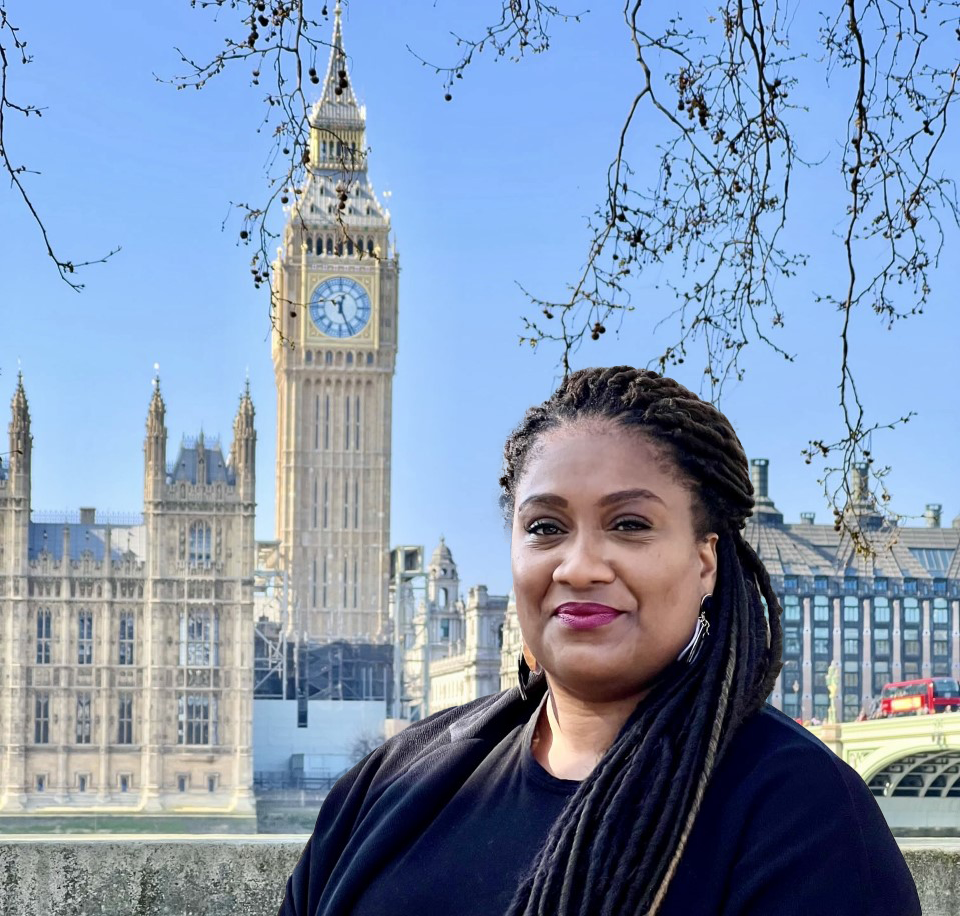
The recently announced Tory bonfire of green policies has further undermined our country’s commitment to a swift, green, just transition. They insist the plan is still to reach net zero by 2050. But setting targets is one thing; taking the action to meet them is another. As we diverge further and further from the path to net zero, we mustn’t let this bin fire of a government dictate our direction of travel.
One important policy in this regard is the UK’s proposed Deposit Return Scheme (DRS). The DRS model operates successfully across much of Europe, with consumers seeing a small redeemable charge on everyday packaging purchases such as plastic bottles, which are then easily redeemed through a bottle bank. Sadly, the half-hearted implementation attempts we’ve seen in the UK to date are another example of a government deprioritising environmental concerns.
The DRS is a model that has rapidly reduced litter levels across the 40 markets which operate it, including Denmark and Finland. Forbes reported in Lithuania return rates rose from 34% to 92% in less than two years after introducing a scheme in 2016. Meanwhile, the corresponding UK recycling figure is just 76% for glass bottles, according to British Glass.
You could be forgiven for thinking that such a highly effective policy might be quickly adopted here too. Yet despite assurances in 2018 from the then Environment Secretary Michael Gove, we’ve yet to see any concrete action from the Government, with ministers now suggesting a potential scheme won’t be introduced before October 2025.
Creating a system that actively encourages consumers to return what they use is crucial to reducing litter across the UK, and ultimately our carbon footprint. These delays have thrown the prospect of creating a truly circular economy into serious doubt.
Most alarmingly, the Government has acted against the overwhelming wishes of environmental campaigners, with their proposed DRS model in England and Northern Ireland set to exclude glass – yet include plastic and aluminium. This bizarre state of affairs would see just a fraction of the bottles and other packaging items we buy at the supermarket covered under the scheme, creating confusion for consumers and undermining the UK-wide effort to tackle the litter and pollution which blights so many of our high streets, countryside and beaches.
The UK Government’s exclusion of glass follows a series of flawed consultations by the Department for Environment, Food and Rural Affairs, which saw global businesses and environmentalists demonstrate overwhelming support for an all-in DRS, which would include glass alongside plastic and aluminium. This has widespread public support too, with figures from the Nature 2030 campaign group showing some 84 per cent of Brits support an all-in approach.
Unfortunately, the problems don’t end there. The DRS models proposed by the devolved Scottish and Welsh governments advocate the inclusion of glass, with the UK Government’s out-of-step stance potentially creating a host of UK internal market barriers. It simply shouldn’t be the case that incentivising people to do the right thing for the environment should be a postcode lottery. We need clear and consistent policies that will benefit everyone across the country.
The continued dithering by DEFRA Secretary Therese Coffey presents a real opportunity for Labour to set the agenda. At minimal cost to the taxpayer, we can work to ensure we create a consistent DRS model across the UK, minimising consumer confusion, and maximising our environmental ambition.
The DRS stands out as an easily achievable policy, both administratively and financially. There’s no need for government-led subsidies or transition payments, nor is there any need for an overly long-term adjustment period. There’s no excuse not to start working on this from day one of a Labour government and it’s clear the environmental benefits will quickly follow.
We have the opportunity to get this policy right, with a manifesto commitment to introducing a consistent and comprehensive UK-wide DRS model, working with the Scottish government, and the Welsh Labour government who are leading the charge on this policy. We need a consistent, collaborative, and internationalist approach which puts the environment at the heart of everything we do.
The Government likes to pretend that the green agenda is costing us. What’s costing us is their inaction. It’s a national embarrassment that so many of our European neighbours are able to operate circular economies with ease, while UK ministers can’t even agree amongst themselves what a proposed DRS should look like. With a general election looming, Labour have the chance to create a truly circular economy. Let’s not waste it.
